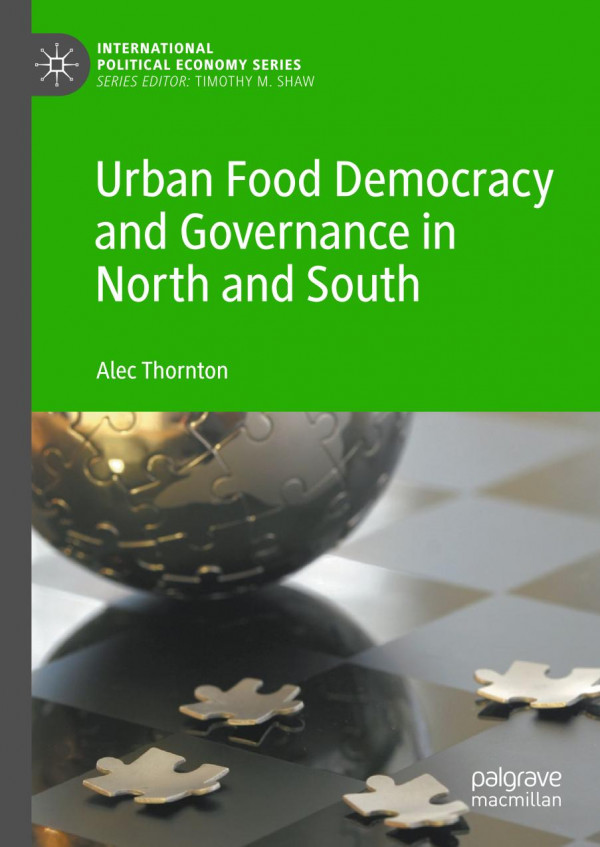

Most ebook files are in PDF format, so you can easily read them using various software such as Foxit Reader or directly on the Google Chrome browser.
Some ebook files are released by publishers in other formats such as .awz, .mobi, .epub, .fb2, etc. You may need to install specific software to read these formats on mobile/PC, such as Calibre.
Please read the tutorial at this link: https://ebookbell.com/faq
We offer FREE conversion to the popular formats you request; however, this may take some time. Therefore, right after payment, please email us, and we will try to provide the service as quickly as possible.
For some exceptional file formats or broken links (if any), please refrain from opening any disputes. Instead, email us first, and we will try to assist within a maximum of 6 hours.
EbookBell Team

4.7
66 reviews“Grounded in the urban politics of the 21st Century world-wide, this thoughtful volume hooks urban food – and especially its production – to social justice in a realistic and manageable way.”
—Diana Lee-Smith, Mazingira Institute, Kenya
“An excellent international overview of urban food democracy and governance, with impressive geographical reach.”
—Andre Viljoen, University of Brighton, UK
This edited collection explores urban food democracy as part of a broader policy-based approach to sustainable urban development. Conceptually, governance and social justice provide the analytical framework for a varied array of contributions which critically address issues including urban agriculture, smart cities, human health and wellbeing and urban biodiversity. Some chapters take the form of thematic, issue-based discussions, where others are constituted by empirical case studies. Contributing authors include both academic experts and practitioners who hail from a wide range of disciplines, professions and nations. All offer original research and robust consideration of urban food democracy in cities from across the Global North and South. Taken as a whole, this book makes a significant contribution to understanding the potential enabling role of good urban governance in developing formal urban food policy that is economically and socially responsive and in tune with forms of community-driven adaptation of space for the local production, distribution and consumption of nutritious food.